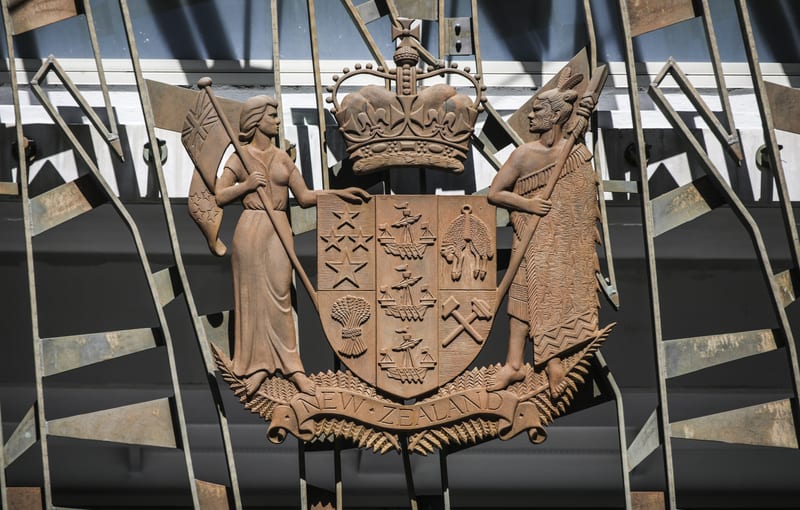A man who put a spy camera in an Auckland gym's changing room is trying to have his case heard in the Supreme Court in a last-ditch effort to keep his identity secret.

Photo: RNZ / Rebekah Parsons-King
The man was a highly-paid government agency manager when he videoed a naked couple and four others.
The High Court and Court of Appeal both ruled he should be convicted of making an intimate visual recording and should lose name suppression.
He was set to be publicly identified tomorrow but this afternoon, eight hours before name suppression was set to drop, his lawyer Ron Mansfield told RNZ he had filed a notice of appeal in the Supreme Court.
The man's interim name suppression was then extended and will remain in place until the Supreme Court process is complete.
Police have pushed for the man to be convicted and named and RNZ and NZME have been to the High Court and Court of Appeal in a bid to publicly identify the man.
The man's lawyer has argued in court that his client's career, marriage and financial position will be impacted if he is publicly identified.
The man was addicted to porn and had an alcohol problem when he went to the gym on four different occasions during November 2017 and velcroed a camera underneath the sink in the gym's changing room.
Police found footage of his victims as well as shots of the man slipping into the changing room to retrieve the camera.
In 2018, the man pleaded guilty to making an intimate visual recording and obtained interim name suppression.
In June 2020, District Court Judge Clare Bennett discharged him without conviction and gave him permanent name suppression, in part to protect his work at a government agency.
She said he had done 190 hours' of community service and was seeing a therapist.
Police appealed both the discharge without conviction and name suppression in the High Court.
Justice Moore found Judge Bennett had consulted the wrong summary of facts and so thought the man had only put the camera in the changing room once.
In his ruling, he said lifting name suppression was "clearly in the public interest".
Justice Moore quashed the discharge without conviction and name suppression.
But just before the man was to be publicly identified, his lawyer filed a notice of appeal in the Court of Appeal.
In the Court of Appeal, Justices Kós, Thomas and Gendall dismissed the man's appeal, noting he had been "economical with the truth" and that "the principal of open justice clearly favours publication".
The man does not have an automatic right to appeal in the Supreme Court. The Court will decide whether to hear the appeal.


